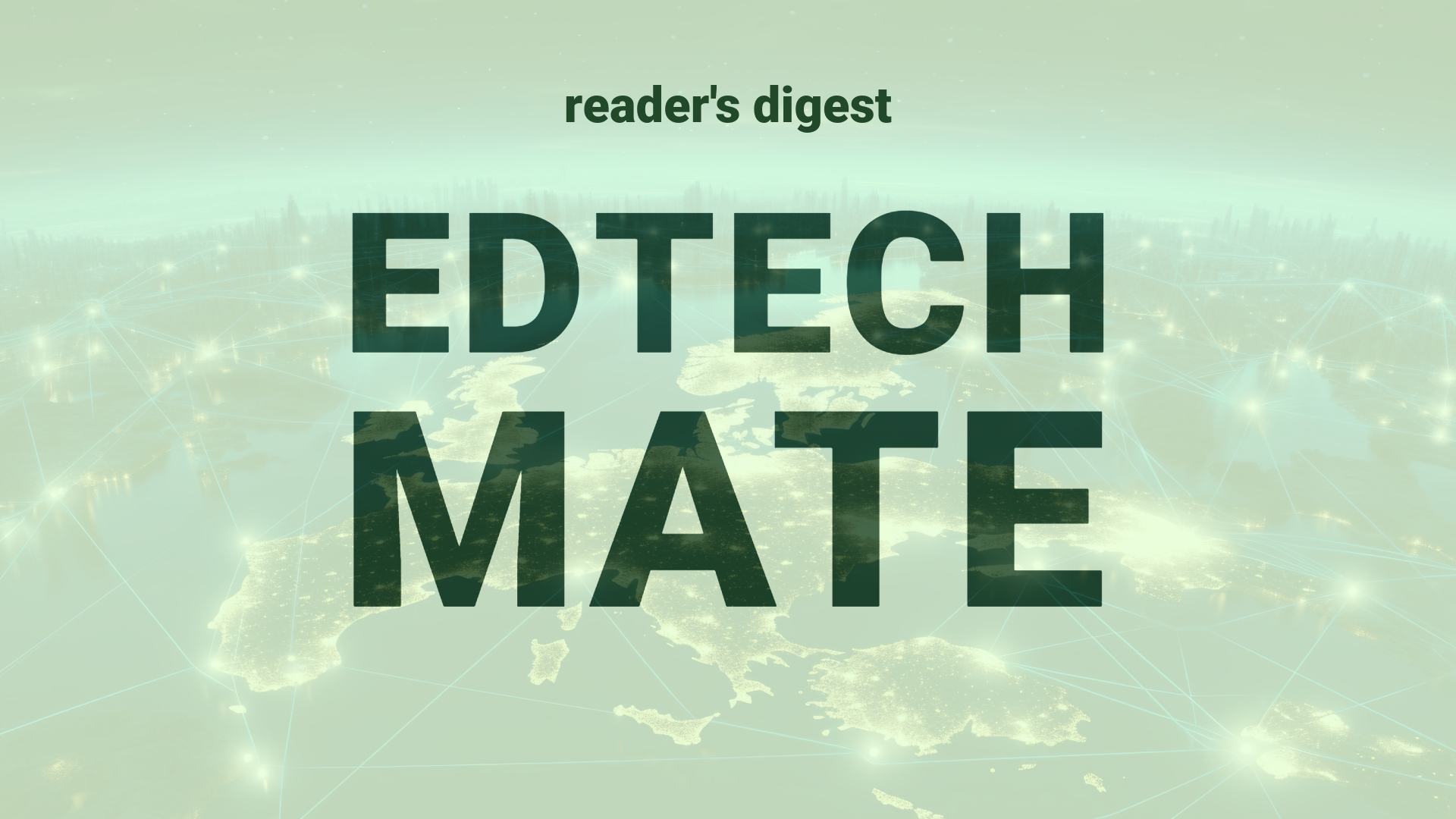Executive Summary and Main Points
The recent struggles of Starbucks highlight key lessons in the context of global higher education, emphasizing the crucial role of customer experience and brand value—lessons that also apply to educational institutions. Analysts point out that Starbucks’ shift towards prioritizing efficiency and increased volume led to the erosion of the unique customer experiences that once defined the brand. Similar reflective trends are occurring in higher education with the commoditization of learning experiences as institutions pursue scalability and efficiency through digital transformation and online education.
Potential Impact in the Education Sector
The shift that Starbucks experienced mirrors possible changes in Further Education (FE) and Higher Education (HE) sectors, especially as they expand online offerings. The move could diminish the distinctive educational experiences that were once their unique selling points. In FE and HE, the expansion of online courses and micro-credentials, driven by efficiency and volume, could dilute brand differentiation and learning quality. Strategic partnerships between educational institutions and tech companies can leverage digitalization while preserving the core values of educational brands.
Potential Applicability in the Education Sector
The lessons from Starbucks’ experience can inspire innovative applications of AI and digital tools in education sectors globally. Personalized learning experiences, bolstered by AI, can compete on the loss of distinctiveness, maintaining high-quality individual customer experiences. Digital tools can enhance student engagement, offering unprecedented levels of customization in learning paths, particularly in the delivery of FE, HE, and micro-credentialing courses.
Criticism and Potential Shortfalls
However, a critical analysis highlights potential shortfalls. The push towards efficiency can lead to a one-size-fits-all approach that may ignore the diversity of student needs and cultural contexts. International case studies suggest that overreliance on standardized digital education reduces the rich, culturally sensitive learning experiences that can only occur in a diverse, interactive educational setting. Furthermore, ethical considerations arise in data use and privacy when implementing AI and machine learning tools.
Actionable Recommendations
To mitigate these risks, educational leadership should focus on integrating digital transformation strategically. AI should be employed to enhance personalization and support, not replace, the human elements of education that drive institutional uniqueness. Additionally, investing in technology must always be balanced with maintaining and fostering the core mission and values of the institution. Partnerships with tech providers should be predicated on a shared vision for educational excellence, balancing efficiency with the imperative to sustain high-quality, diverse learning environments.
Source article: https://hbr.org/2024/06/how-starbucks-devalued-its-own-brand

